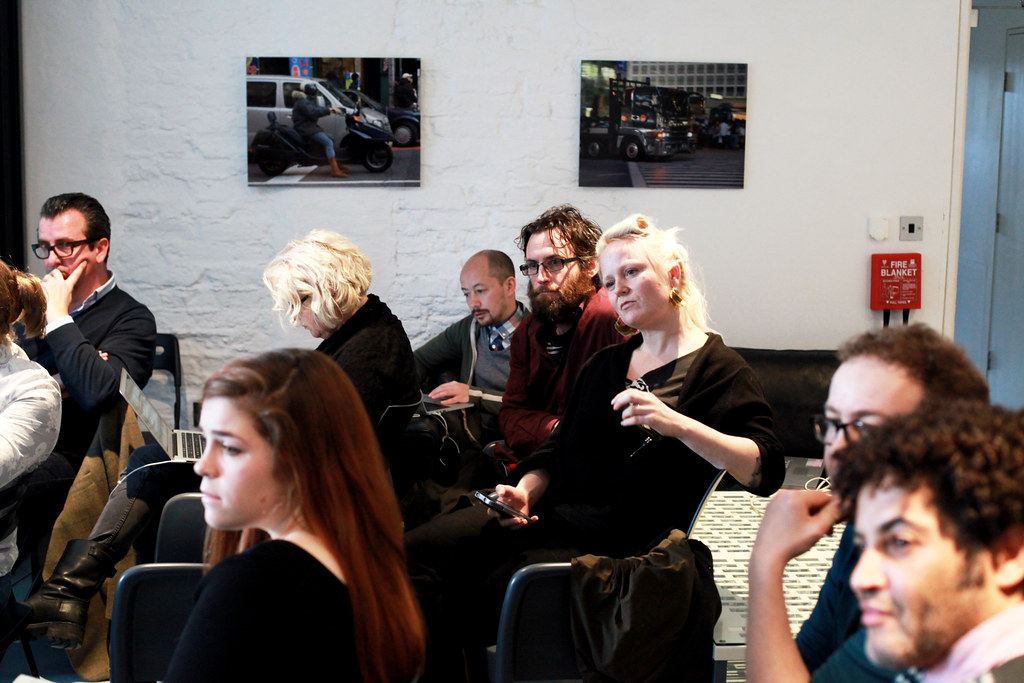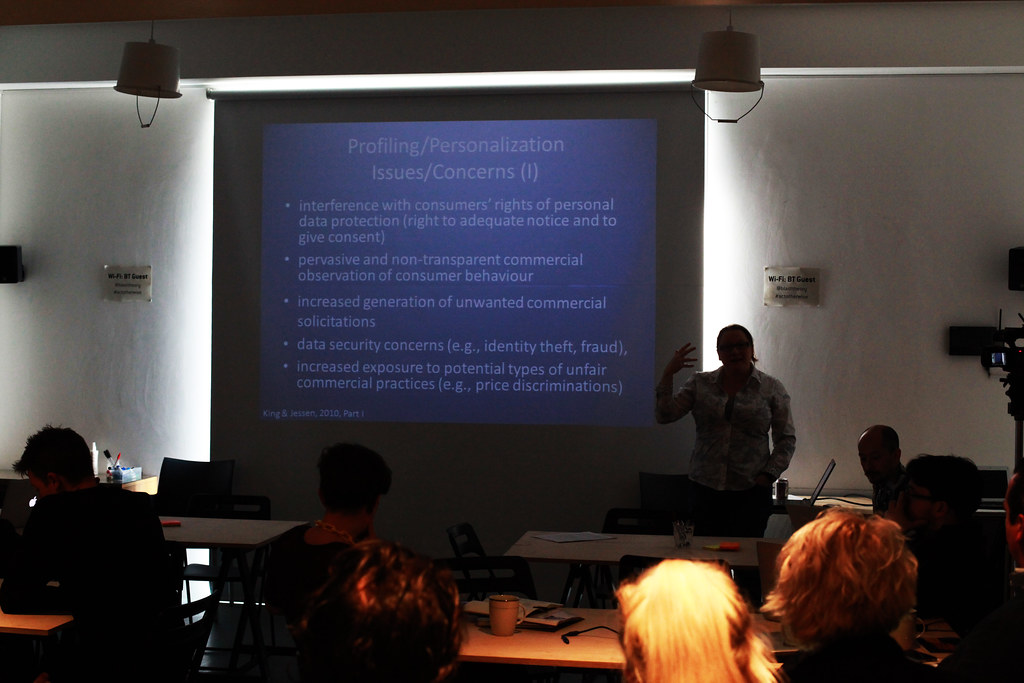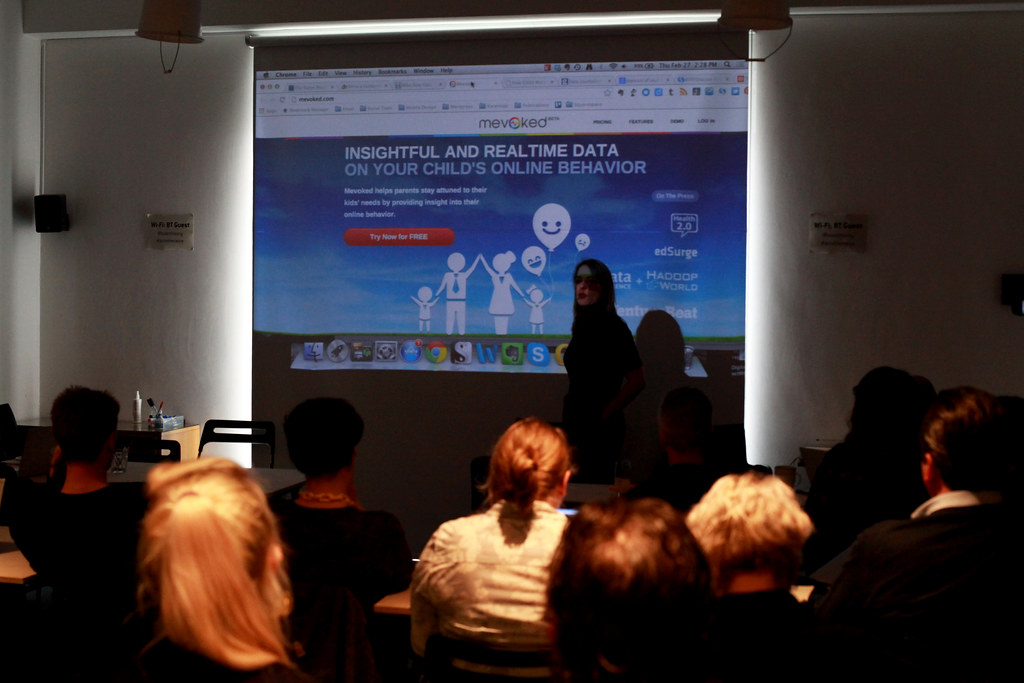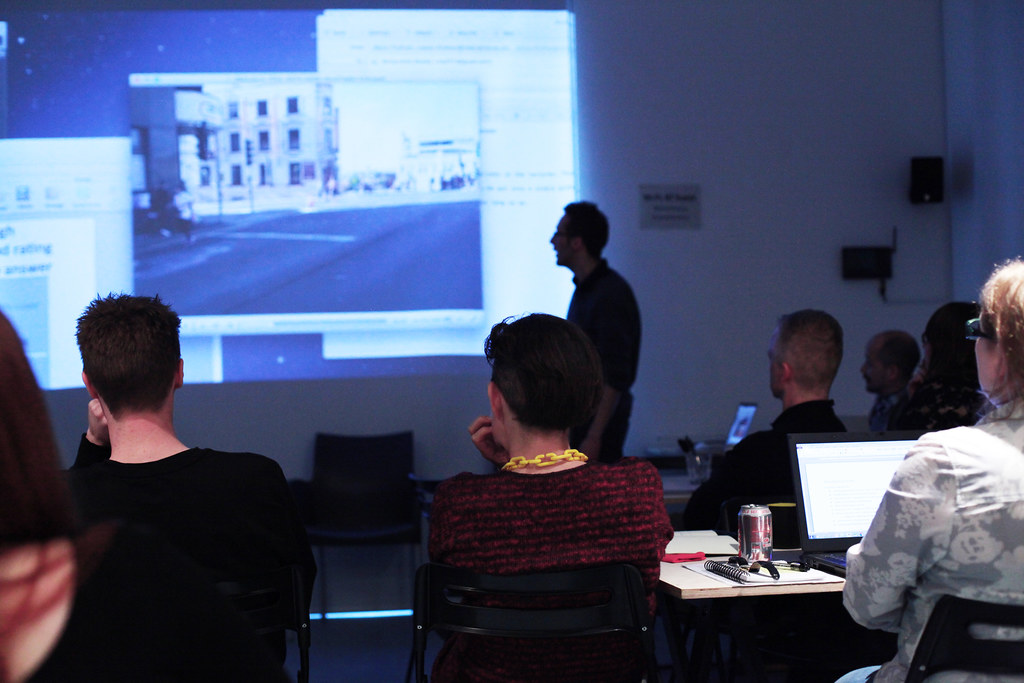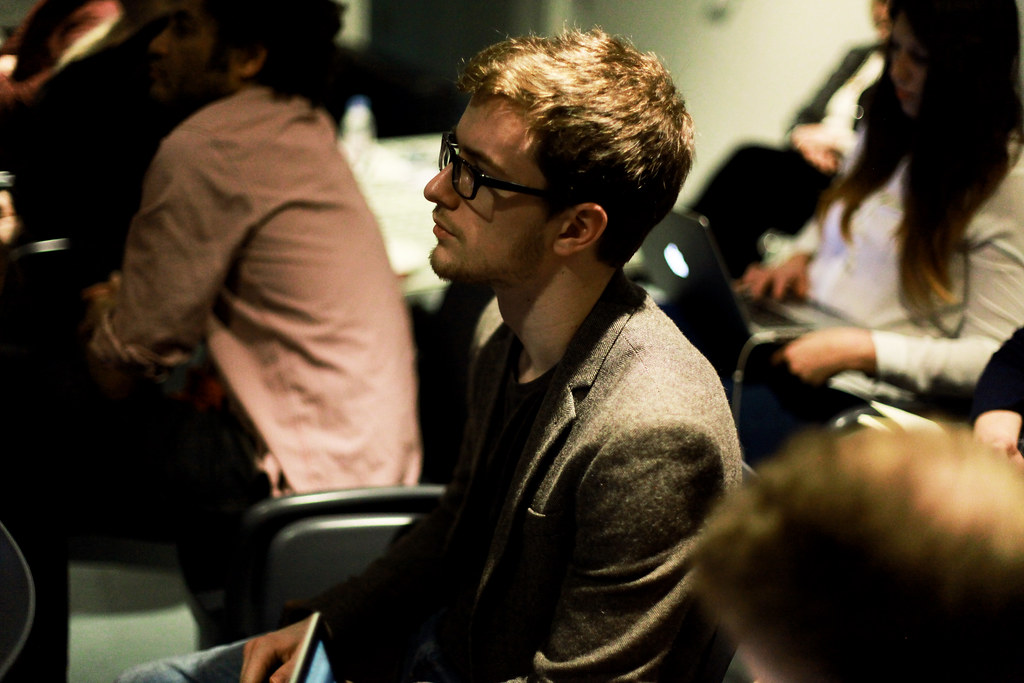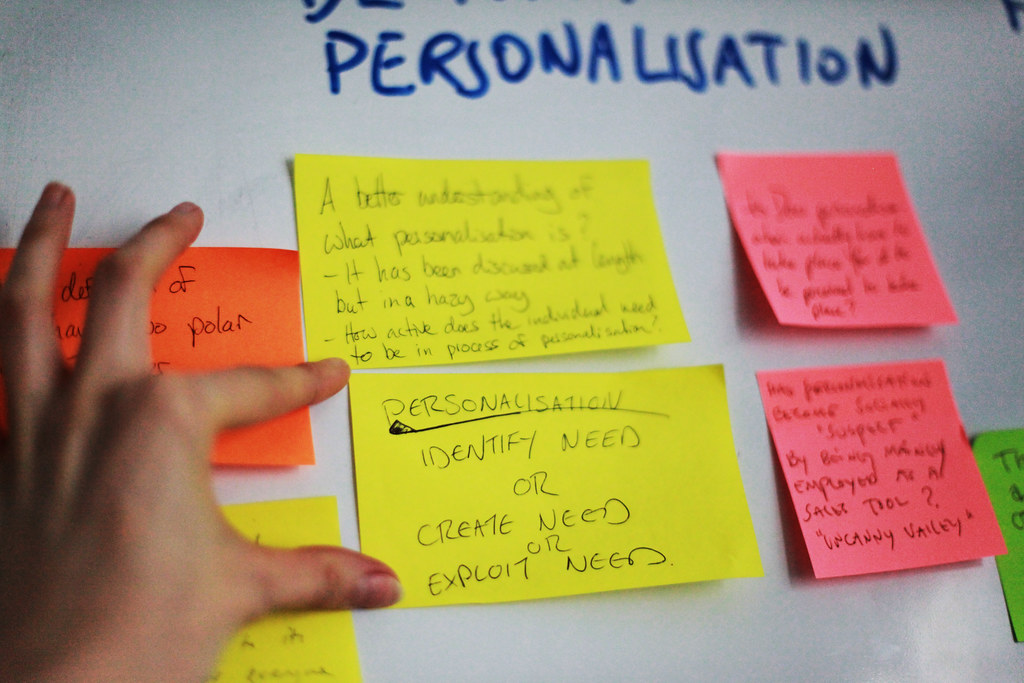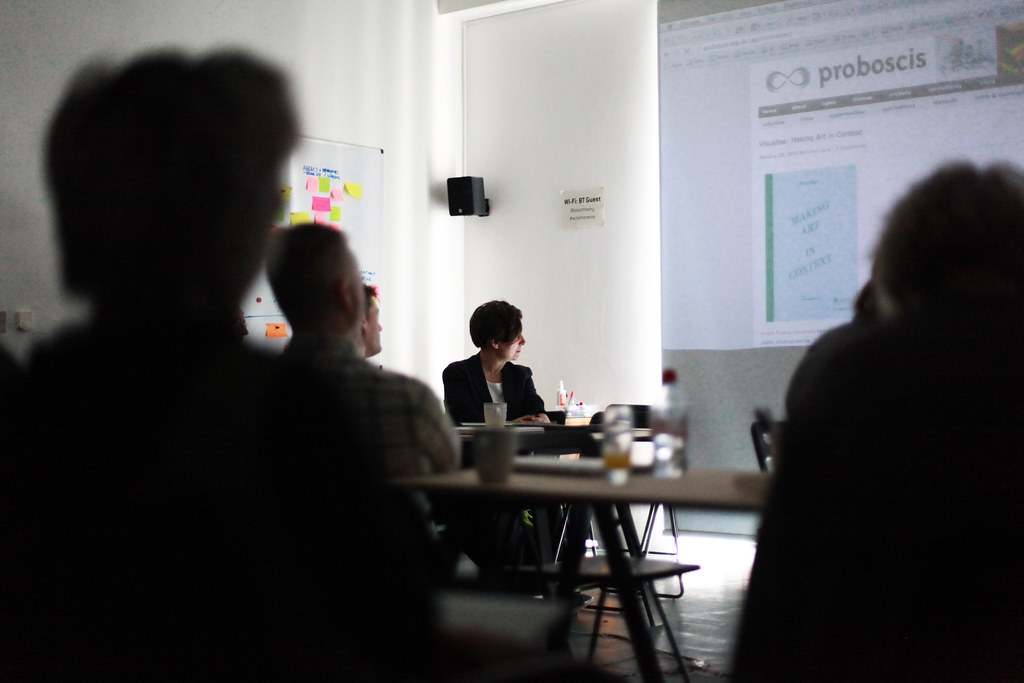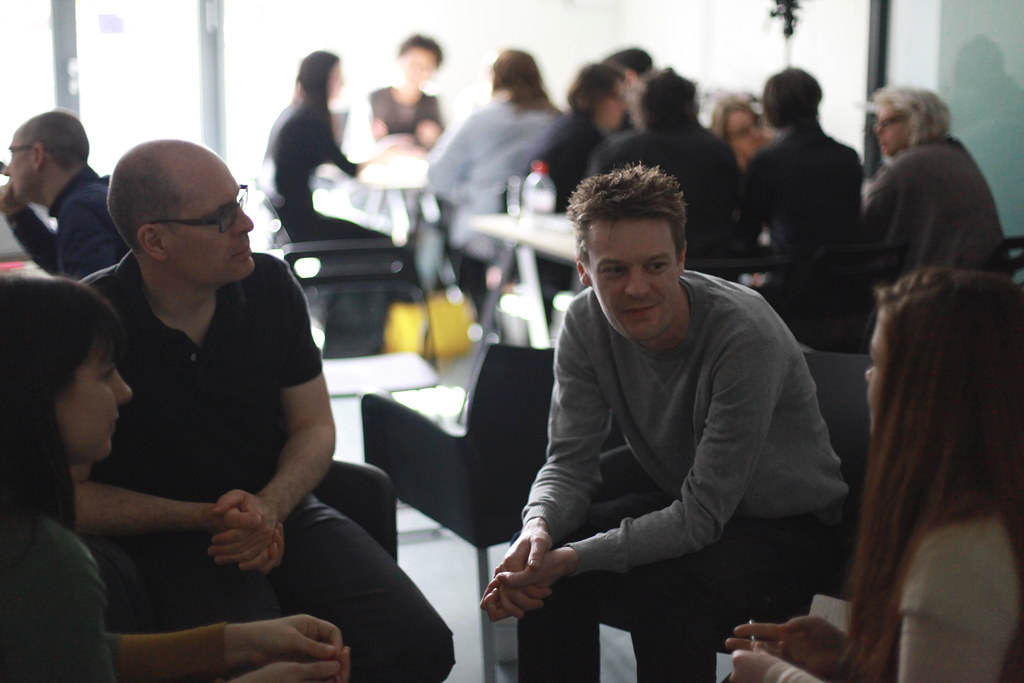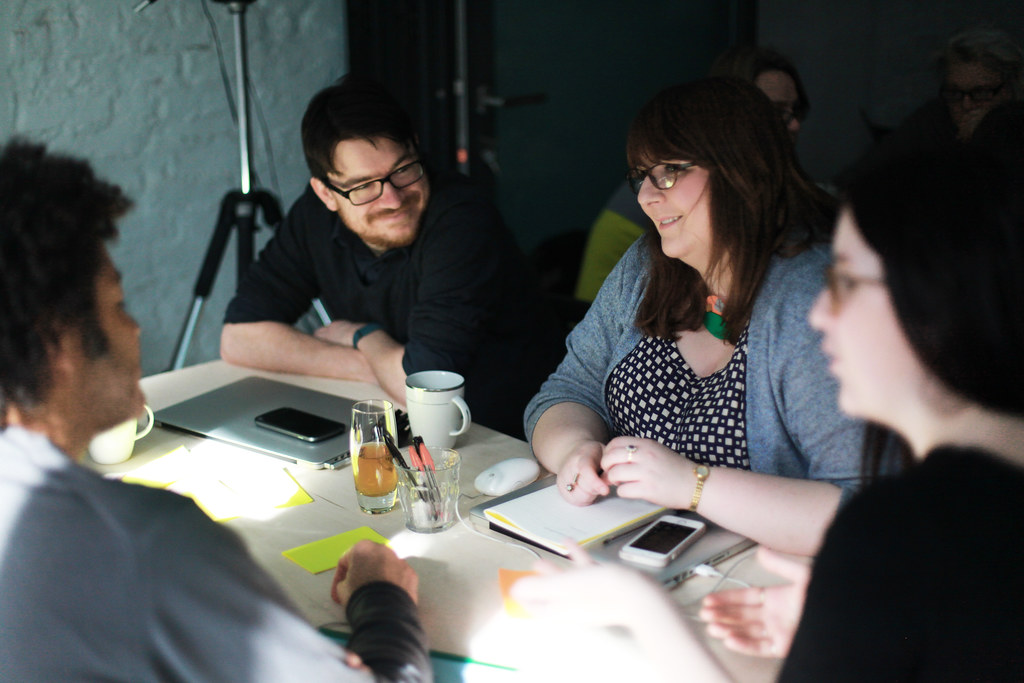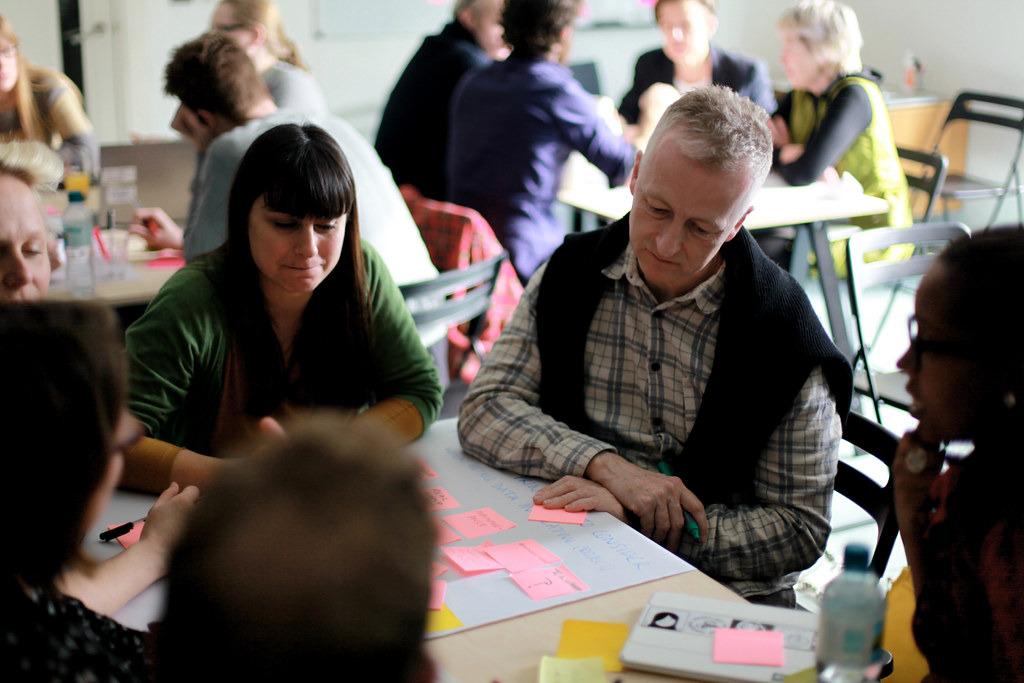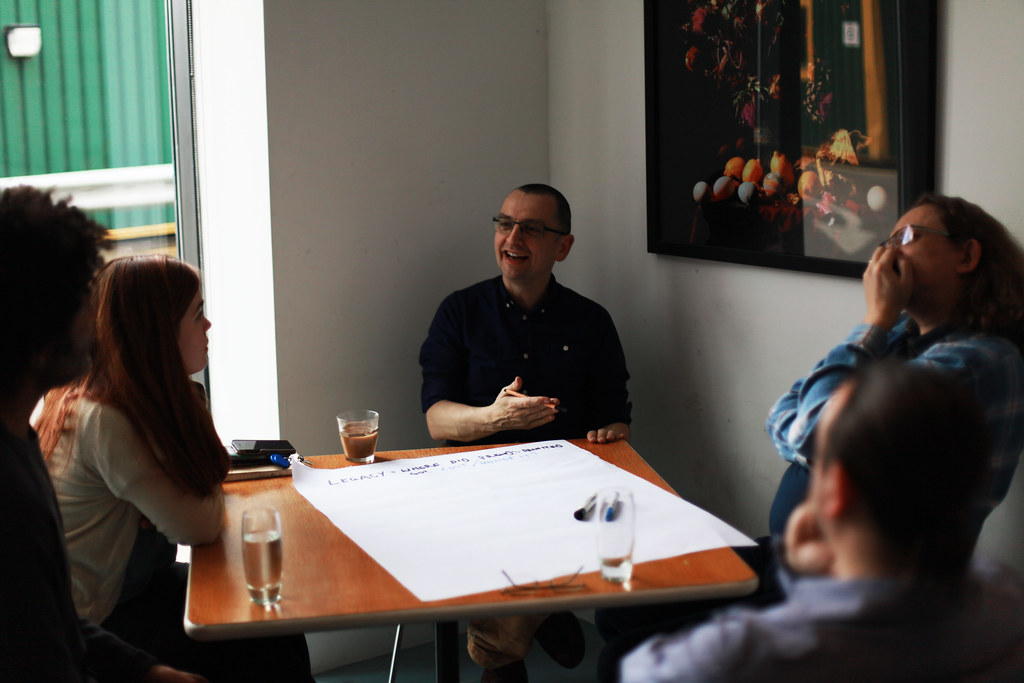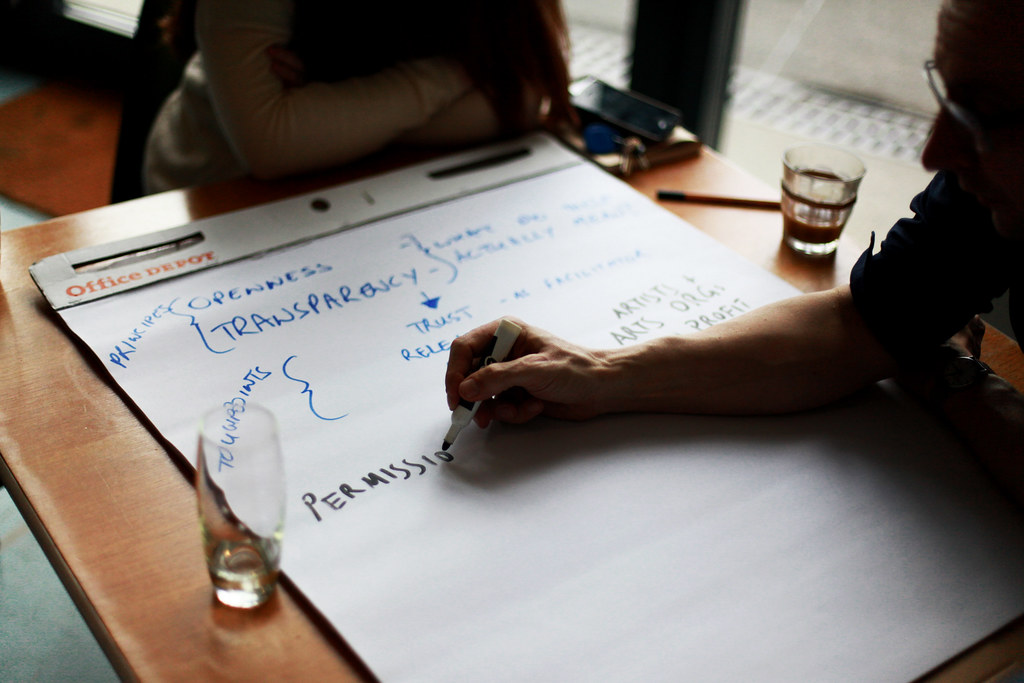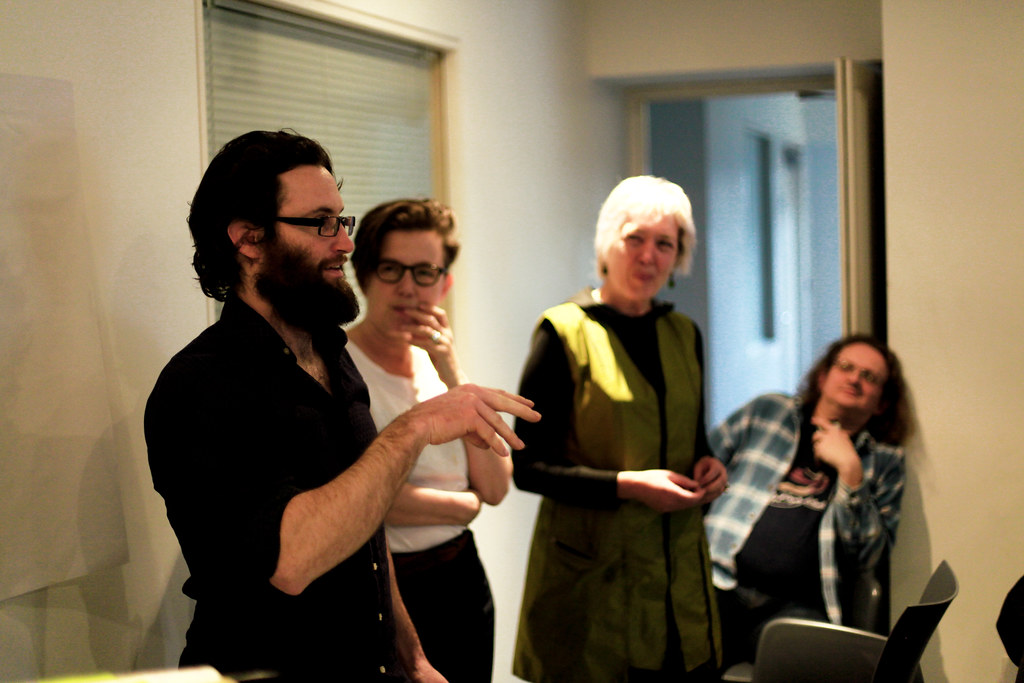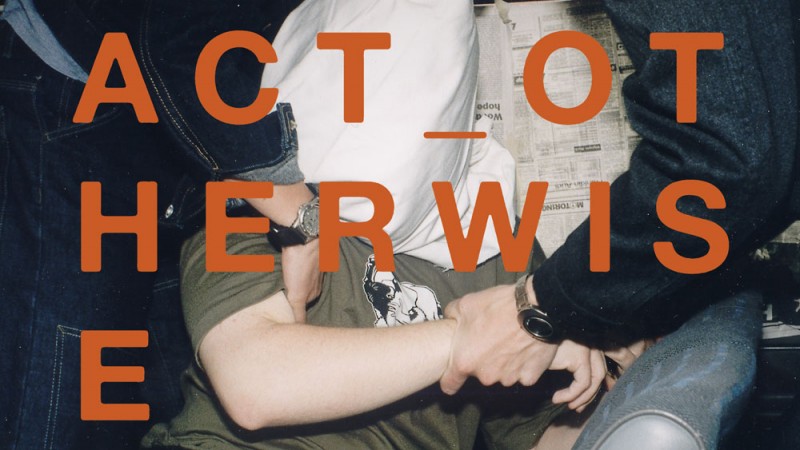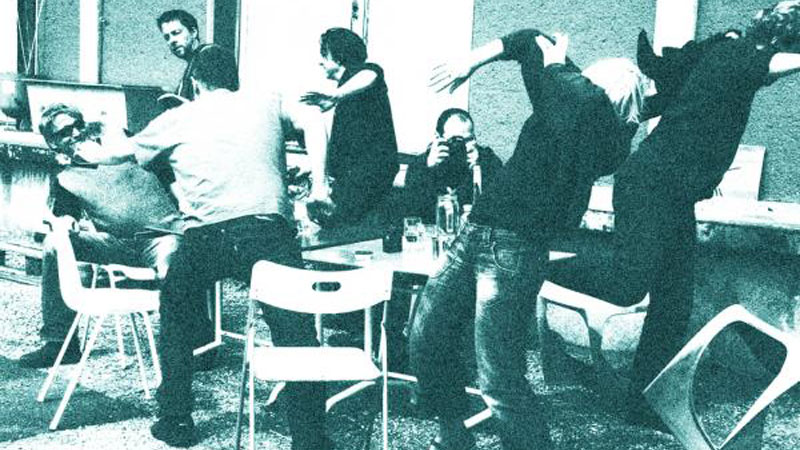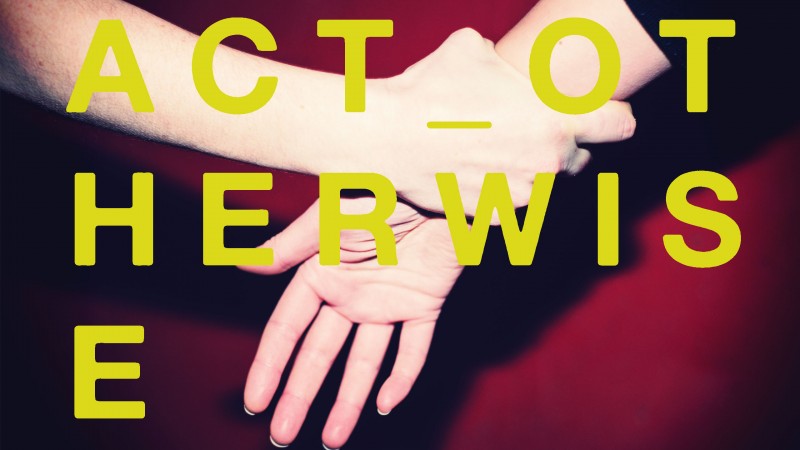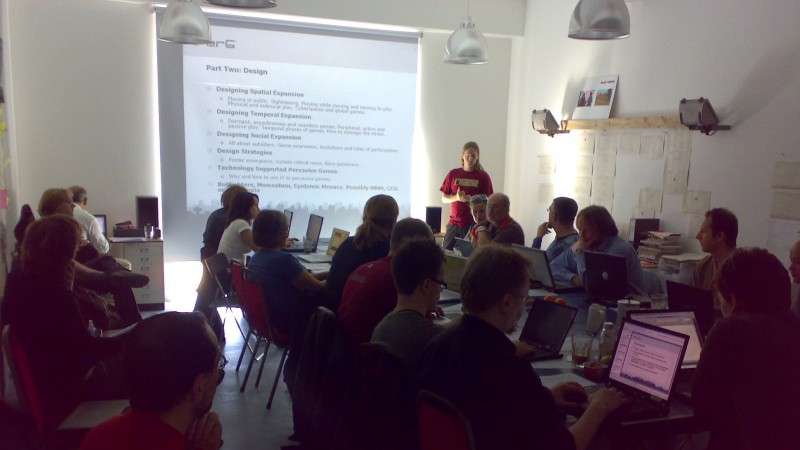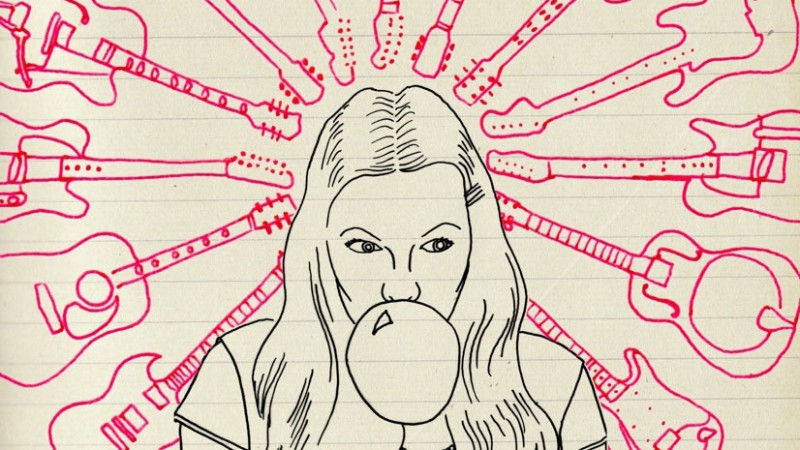The third iteration of Act Otherwise, The Invisible Hand: On Profiling and Personalisation, took place at the Blast Theory studios on the 27th & 28th February 2014. The event was also streamed online to Our Friends Electric.
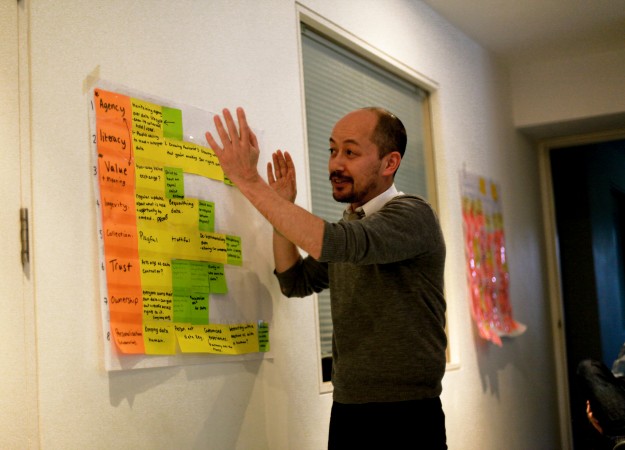
The Invisible Hand
Economist Adam Smith used the metaphor of the ‘invisible hand’ to describe how the market virtuously provides for all. Today the state and private enterprises are focused on discreetly gathering exponential amounts of data about their citizens and customers. In the context of PRISM, Facebook, Google, and the supermarket loyalty card the metaphor of the ‘invisible hand’ may engender a different set of associations.
A critical response to this trend has been to challenge the need for data gathering and the uses to which it might be put. There has however, been an increasing number of art works that employ data and are responsive to the people who experience such work.
Many electronic games do this. Interactive artworks often do this. Even the field of immersive theatre – rarely employing software – often monitors participants and attempts to personalise the experience. With the rise in digital practices in arts management, many arts organisations also use analytical tools to study their audiences, their website visitors and the socially mediated followers they are connected to.
The rise of profiling and personalisation raises difficult questions about control and surveillance. But it also highlights a growing opportunity for artists to harness these skills and practices to create works that are bespoke, rich and that are meaningfully tailored for each person.
Agenda
The content of the forum was devised by Blast Theory, Dr Kelly Page (Columbia College Chicago) and Professor Nina Reynolds (University of Southampton), stemming from a current joint research project around profiling and personalisation.
The forum was led by presentations which introduced provocations for open discussions. Discussion topics included big data; data ethics; personalising artistic experiences; meaningful data; depersonalisation and data at a social level.
The forum featured presentations from:
- Blast Theory (Matt Adams, Nick Tandavanitj, Ju Row Farr),
- Professor Nina Reynolds, University of Southampton
- Dr. Kelly Page, Columbia College Chicago
- John McGrath, National Theatre Wales
- Katherine Jewkes, National Theatre Wales
- Martin Flintham, Horizon Digital Economy Research, University of Nottingham
- Giles Lane, Proboscis
- Carina Westling, Researcher
- Lesley Fosh, PhD Student at the University of Nottingham
A full report from the session can be found in the sidebar, along with reports from the 2012 (Ingenious Minds) and 2013 (Art and Ethics) Act Otherwise seminars.
Act Otherwise is Blast Theory’s annual forum which brings together a cross-section of the most talented artists, scholars, broadcasters and curators working in interactive narratives, games and location based media.
The goal of Act Otherwise is to share key challenges and concerns together in a relaxed setting and engage in conversation which might be practical or theoretical and which may be concerned with the practicalities of now or the possibilities of the future.
